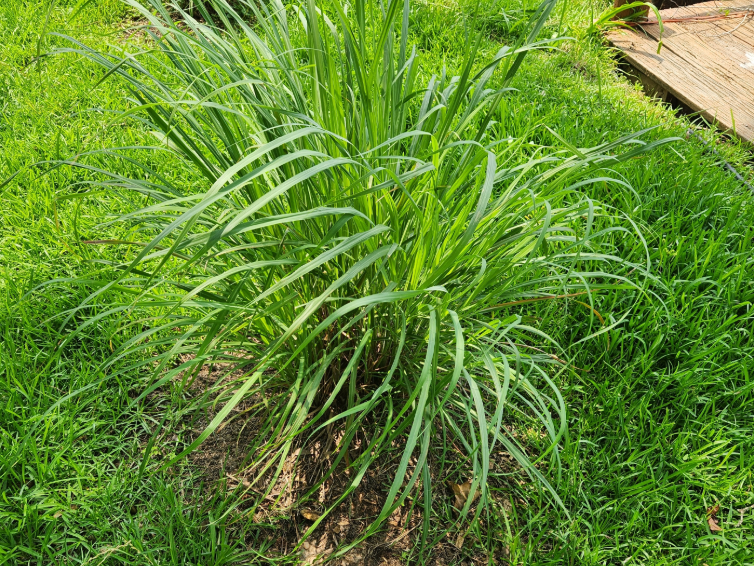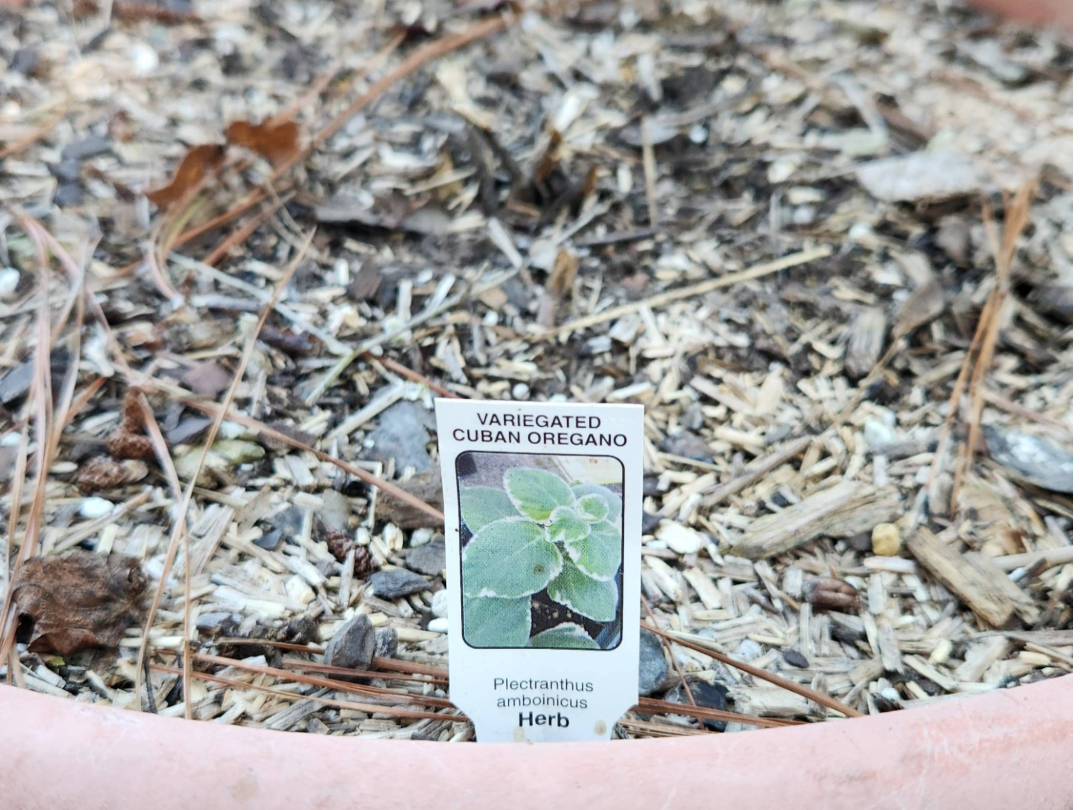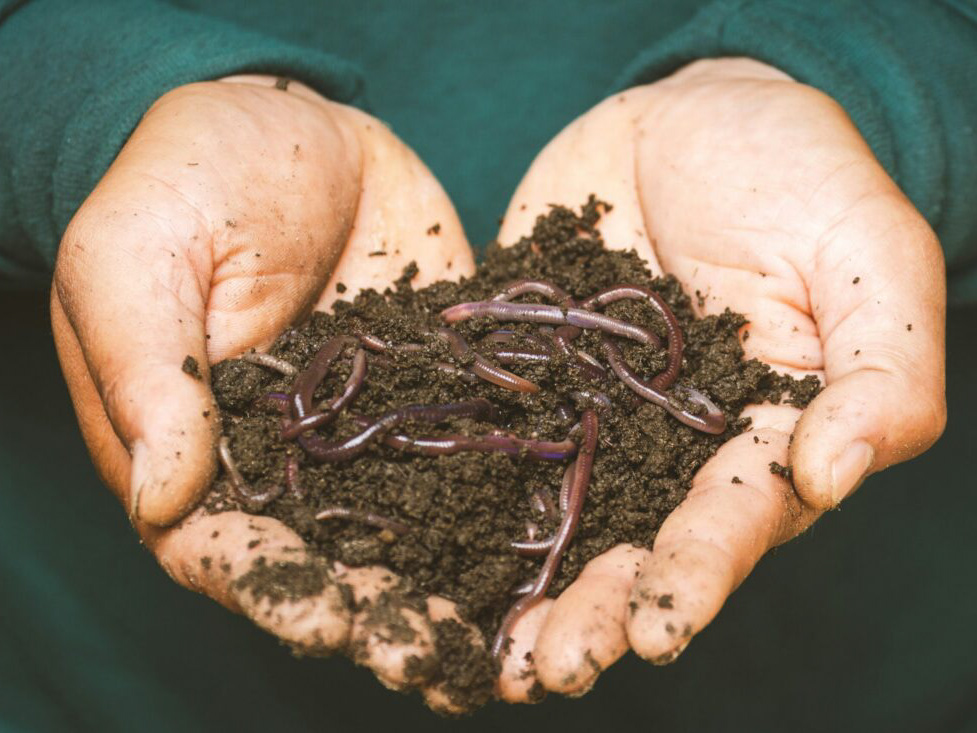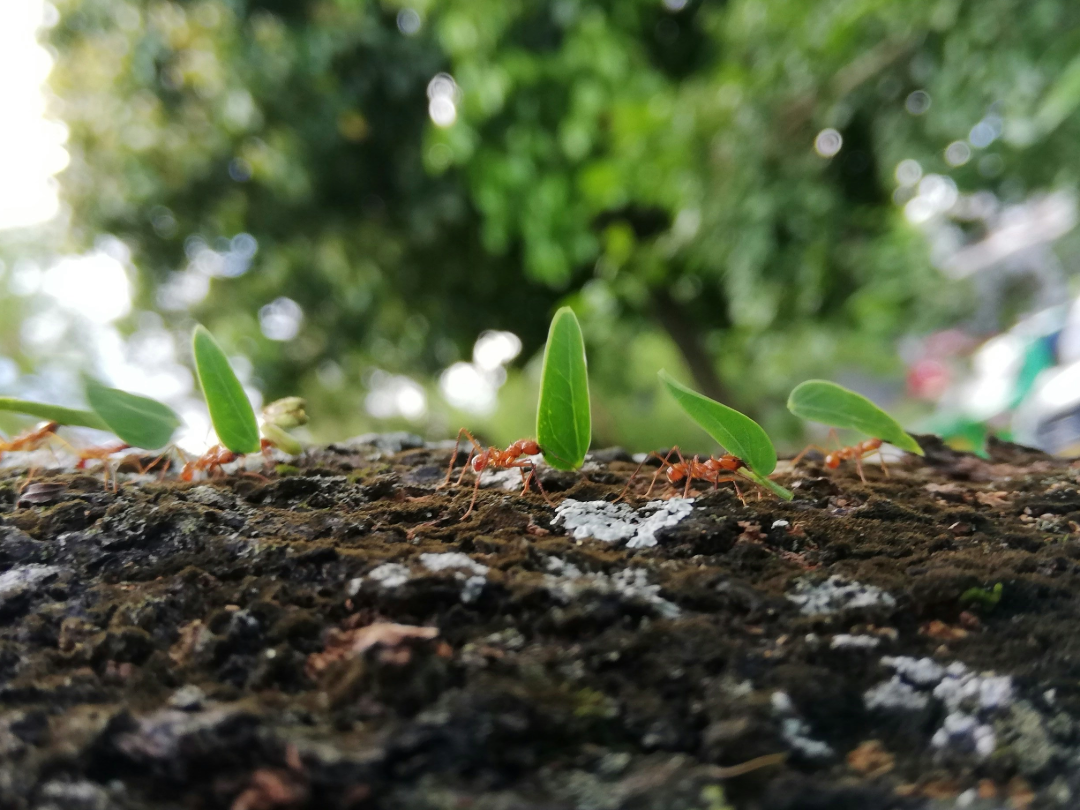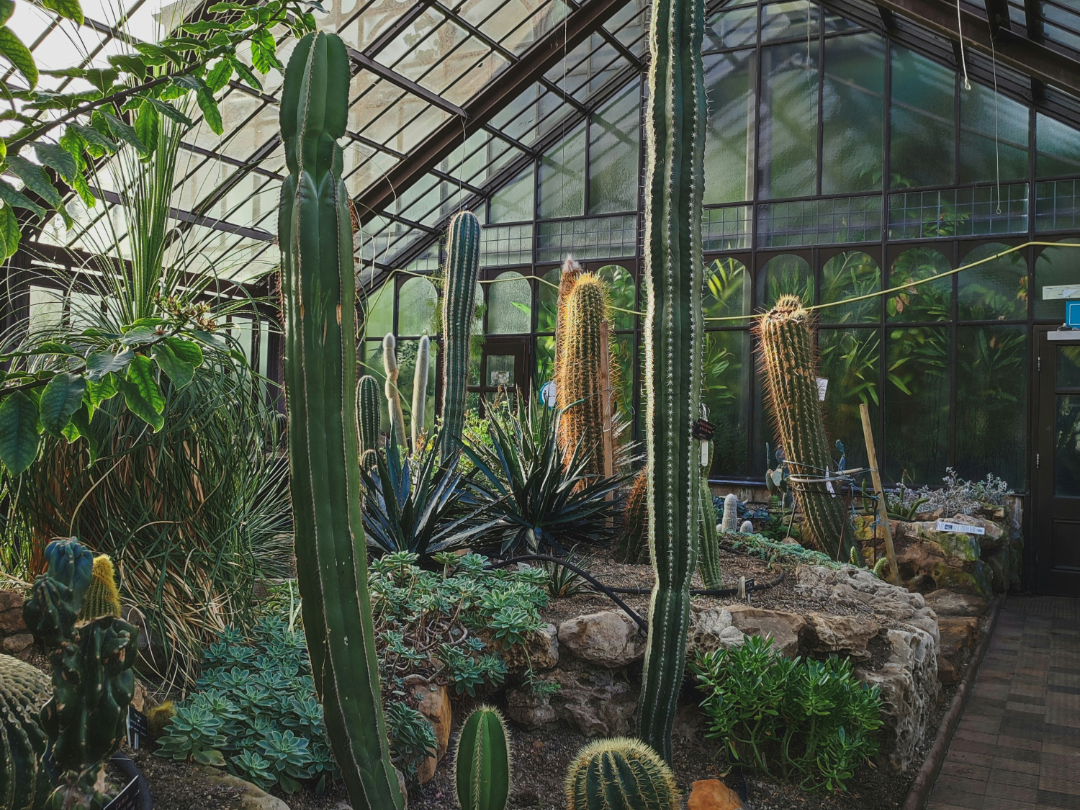Organic gardens are a harmonious dance with nature, where cultivation practices prioritize ecological balance and sustainability. Rooted in the principles of avoiding synthetic chemicals and artificial additives, organic gardens embrace natural processes to nurture plants, promote soil health, and produce wholesome, chemical-free crops. This method of gardening not only yields bountiful harvests but also contributes to environmental well-being and the overall health of the garden ecosystem.
Essentials for Organic Gardens
One of the fundamental tenets of organic gardening is the rejection of synthetic pesticides and fertilizers. Instead, organic gardeners rely on natural alternatives, such as compost, organic matter, and companion planting, to enrich the soil and manage pests. By fostering a diverse and balanced ecosystem, organic gardens encourage the presence of beneficial insects and microbes, creating a self-sustaining environment that minimizes the need for external interventions.
Nurturing the Earth
Soil health takes center stage in organic gardening. Through the application of compost and organic amendments, organic gardeners work to enhance soil structure, fertility, and microbial activity. Healthy soil not only provides essential nutrients to plants but also improves water retention and drainage, creating an optimal environment for root development and overall plant growth.
Rotating for Resilience
Crop rotation, another key practice in organic gardening, helps prevent the buildup of soil-borne diseases and pests. By strategically changing the placement of crops each season, organic gardeners disrupt the life cycles of potential threats, promoting long-term soil health and sustaining the vitality of the garden.
Back to Basics
Organic gardening extends beyond the garden bed to encompass ethical considerations. Many organic gardeners prioritize sourcing open-pollinated and heirloom seeds, supporting biodiversity and preserving the genetic diversity of plant species. Additionally, the avoidance of genetically modified organisms (GMOs) aligns with the principles of organic gardening, emphasizing a commitment to natural and traditional methods.
Nourishing Body and Earth
Beyond the tangible benefits, organic gardens offer a deeper connection to the food we consume. The fruits, vegetables, and herbs harvested from organic gardens are free from chemical residues, ensuring a healthier and more flavorful bounty. For many, organic gardening becomes a lifestyle choice, reflecting a commitment to sustainable practices that nourish both the body and the Earth.
Cultivating Balance
In essence, organic gardens embody a holistic approach to gardening, where the principles of ecology, sustainability, and natural harmony guide every decision. As a result, organic gardens become not only a source of nourishment but also a testament to the potential of working in harmony with nature to create thriving, resilient ecosystems.
Follow along on Facebook!



